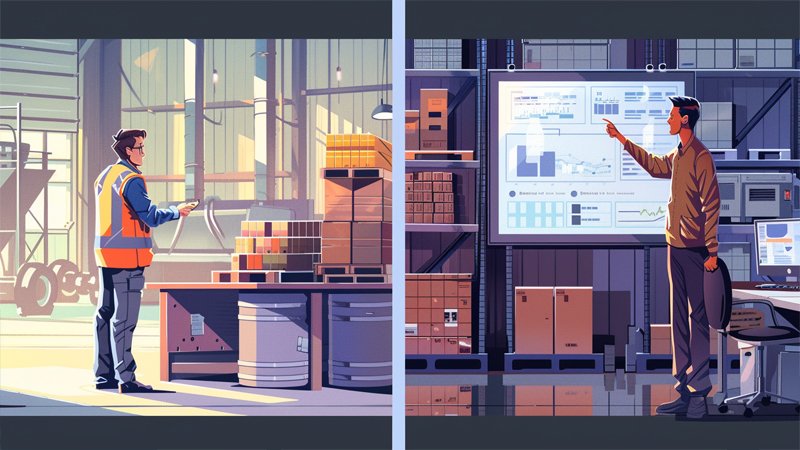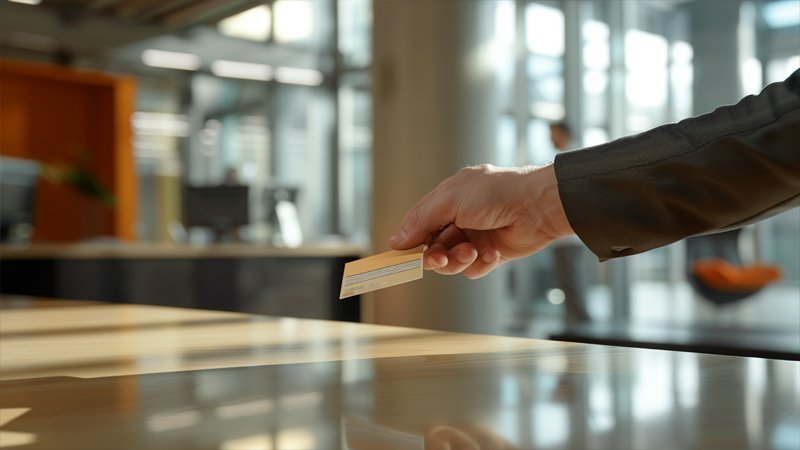
I once thought finding a trustworthy trade agent in China was impossible—until I discovered a few key tactics.
A China trade agent helps locate products, negotiates deals, and manages logistics, easing your path into the Chinese market.
I’ve got some insights to share.
What effective methods can you use to find trade agents in China?
Getting started takes a mix of online research and in-person networking.
Search reputable B2B platforms, attend trade fairs, and join professional groups to uncover skilled China trade agents.

I remember joining a forum dedicated to importers, and someone recommended a Canton Fair1. Attending that show opened my eyes to countless agents eager to connect. I also checked platforms like Alibaba or Global Sources, where I could see user reviews and gauge an agent’s track record. Sending a few messages led me to video calls with potential partners—some were more responsive than others, but it helped me weed out the less reliable.
When exploring these methods, focus on agents with clear communication and a solid online presence. A quick LinkedIn check or a glance at their website can reveal professionalism. If possible, talk to people who’ve worked with them, or ask the agent for references. Hearing from past clients can confirm their strengths—or reveal potential red flags. All that homework might feel tedious, but it sure beats the stress of a shady deal. In the end, combining online leads with offline meetups can help you pinpoint an agent that truly fits your business needs.
What are the differences between trade agents and sourcing agents?
They may overlap, but trade agents2 focus more on market entry and distribution channels.
While sourcing agents handle supplier relations and product oversight, trade agents assist with market presence and sales.

On the surface, it’s easy to confuse the two. Sourcing agents specialize in finding factories, supervising production, and ensuring quality. Trade agents, on the other hand, might help with marketing strategies or distribution networks within China. I realized this distinction when I tried expanding my product line. My sourcing agent found me a great factory, but they weren’t equipped to help me reach new customers in the Chinese market.
Looking at the Roles in Depth
A trade agent can assist with things like regulatory paperwork, shipping coordination, and local promotions. They often have ties to retailers or e-commerce platforms within China, making it easier for you to place your products in front of potential buyers. Conversely, a sourcing agent is all about the backend—finding cost-effective raw materials, negotiating factory MOQs, or organizing quality inspections.
Sometimes one firm can do both, acting as a combined resource. But if you only need to buy products, a sourcing agent alone might suffice. And if your main goal is to sell within China, a trade agent’s market knowledge is crucial. By knowing which type of support you require, you can focus your search and avoid misunderstandings about the services offered. In my experience, clarifying these roles upfront saves everyone time and frustration.
How can you assess the professional capabilities of trade agents?
It starts with credentials, client testimonials3, and transparent communication4.
Ask for references, review past projects, and gauge responsiveness to confirm an agent’s reliability.

I’ve learned to treat this like hiring a key employee. I’ll schedule a call to discuss their experience with certain industries, how they handle issues, and what languages they speak. Sometimes I’ll ask them to outline a hypothetical scenario—like how they’d handle a sudden shipping delay. Their response tells me if they’re proactive or tend to pass blame around. A truly capable agent usually has a network of trusted partners, from freight forwarders to local marketing gurus.
Capability Checks
First, check if the agent holds any certifications5 or belongs to recognized industry groups. While not a guarantee of excellence, these affiliations often signal commitment and professionalism. Next, look into their client portfolio. Have they supported businesses similar to yours? If so, that’s a plus, because they’ll already understand your niche’s challenges and regulations.
I also ask for actual data—like average turnaround times for shipping or examples of cost savings they achieved for a previous client. If they’re hesitant to share details, that might be a red flag. Another step is verifying their office location. Having a real physical address, possibly near key trading hubs, can indicate they’re genuinely established. You can even request a virtual tour or pictures of their workspace, though not every agent will comply.
Finally, make sure you get a clear contract. A transparent fee structure, spelled-out responsibilities, and timelines for each task help protect both sides. I once saw an agent balk at providing a written agreement, claiming it was “too formal.” That was my cue to walk away. Ultimately, checking these practical details—along with your gut feeling—creates a strong foundation for a reliable, long-lasting partnership.
How can industry recommendations help you find reliable trade agents?
Nothing beats a referral from someone who’s been there.
Seeking endorsements from peers or trade associations uncovers agents with proven track records.

Early on, I asked a friend who imported kitchenware for any tips. He immediately introduced me to his trade agent, someone who’d streamlined his entire import process. That recommendation had weight: I knew my friend wouldn’t steer me wrong. In many industries, word-of-mouth is gold. If an agent consistently does a stellar job, clients talk them up. And if they cause headaches, well, that news spreads too.
Tapping Your Network
If you’re part of an industry group—whether online or in person—don’t hesitate to post a question about reliable trade agents6s in China](https://brokerchooser.com/best-brokers/best-trading-platform-in-china)[^7]. Fellow entrepreneurs often jump in with stories of who delivered on time (and who vanished mid-project). Some business chambers or trade associations also maintain directories of recognized service providers. Typically, these groups at least do a basic vetting before listing anyone, which adds a layer of confidence.
I’ve found LinkedIn groups especially helpful. You can browse discussions where people share their agent experiences, or you can message them directly. A personal conversation can reveal if their agent specializes in your product category. Another approach is attending industry conferences or meetups. Over coffee or a casual lunch, folks might willingly pass along agent contacts that have served them well.
When you do receive a recommendation, though, still follow your own due diligence steps. Just because someone had a great experience doesn’t guarantee it’s a perfect match for your needs. But a referral at least narrows the field and helps you avoid starting from square one. Combine that personal endorsement with a bit of your own detective work, and you can land on an agent who’s trustworthy, efficient, and eager to see your venture succeed.
Conclusion
Finding a top-notch China trade agent hinges on research, clear expectations, and leveraging word-of-mouth insights from trustworthy sources.
-
This resource will provide insights into the advantages of attending Canton Fair, a hub for trade connections. ↩
-
Understanding the role of trade agents can help you effectively navigate market entry strategies and distribution channels. ↩
-
Client testimonials can provide valuable insights into an agent's reliability and effectiveness, helping you make informed decisions. ↩
-
Exploring the role of transparent communication can enhance your understanding of building trust in professional relationships. ↩
-
Understanding the significance of certifications can help you assess an agent's professionalism and commitment to their field. ↩
-
This resource can guide you in identifying trustworthy trade agents, ensuring a smoother import process for your business. ↩




